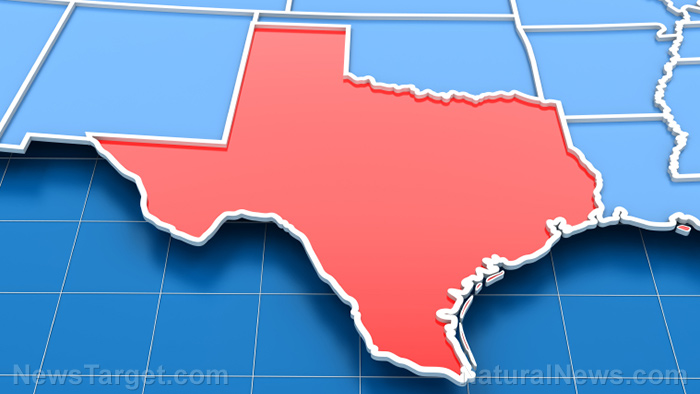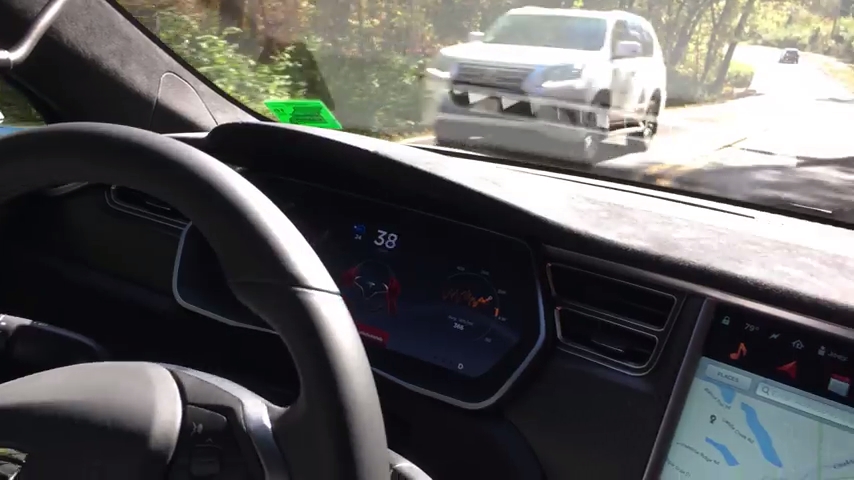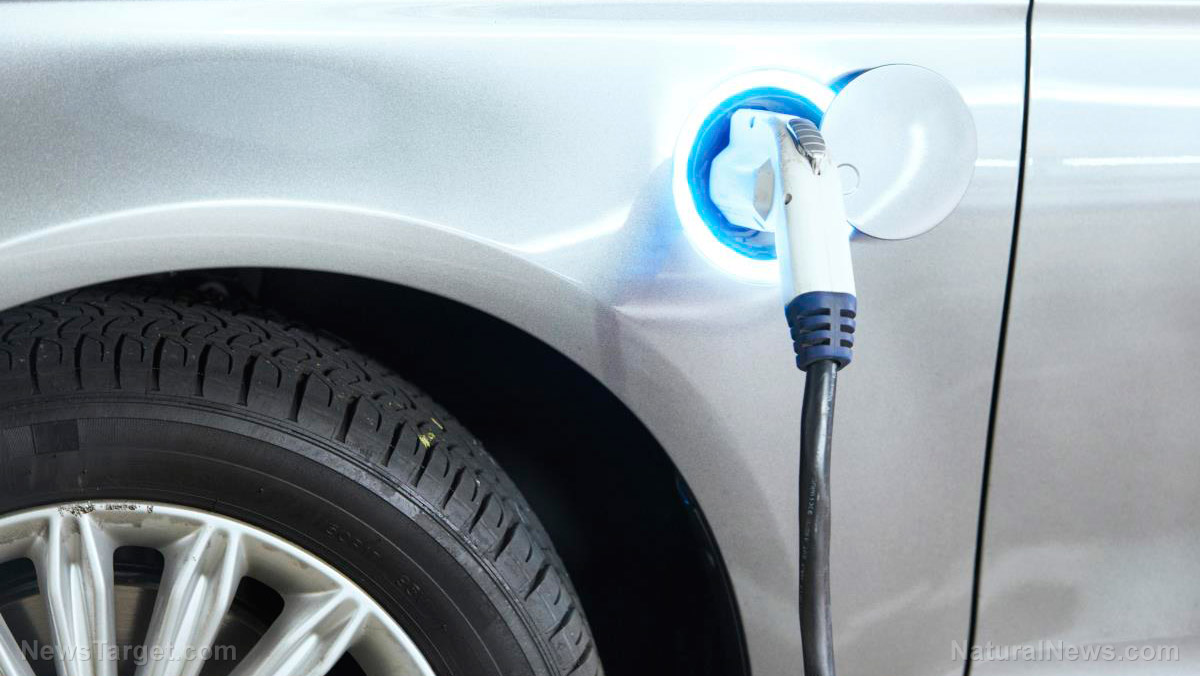Tesla reports record quarterly net profit bolstered by bitcoin sales
05/13/2021 / By Franz Walker

Automaker Tesla reported a quarterly net profit of $438 million on a GAAP (Generally Accepted Accounting Principles) basis on Monday, April 26. A good chunk of this profit came not from car sales or federal credits but from sales of bitcoin during the quarter, which contributed $101 million to the company’s bottom line.
The $438 million represents a quarterly record for the company. To help reach that record, in addition to selling of some of the bitcoin it bought in February, the company also sold regulatory credits to other automakers to help them meet emissions mandates.
Tesla betting big on bitcoin and cryptocurrency
Back in February, Tesla bought $1.5 billion worth of bitcoin in an effort to gain “more flexibility to further diversify and maximize returns on our cash.” When it did so, the company said that it may continue investing in cryptocurrency more broadly.
The $1.5 billion bitcoin purchase was seen as giving Tesla liquidity when it started accepting the cryptocurrency as payment for its products. Back when it bought the bitcoin, the company announced that it would be accepting payments in the cryptocurrency “subject to applicable laws and initially on a limited basis.”
This move made Tesla the first automaker to accept bitcoin as payment.
During the company’s earnings call, Tesla CFO Cachary Kirkhorn explained that the company was simply “looking for a place to store cash” that was not immediately being used to get returns. But it also needed to be able to access that cash quickly as well.
“Bitcoin has proved to be a good decision, a good place to put some of our cash that’s not being used for daily operations … and be able to get some return on that.” Kirkhorn said, adding that while the company was pleased with the liquidity of the bitcoin market, it was its intent to hold on to it “long-term.”
Tesla’s Bitcoin investment questioned
But some experts have questioned how bitcoin and cryptocurrency serve the mission of Elon Musk’s electric vehicle and energy storage business. Tesla’s stated mission has long been to “accelerate the world’s transition to sustainable energy.”
“Bitcoin is not fungible or logically advantageous as currency, arguably not safer for the owner vs cash in transactions, and inexcusably damaging to the environment,” stated Vicki Bryan, founder of the bond investment research firm Bond Angle, to CNBC.
Bryan noted that Tesla had historically racked up around $1.6 billion in regulatory energy credits, primarily zero-emission vehicle credits. Sales of these have helped the company report more than four consecutive quarters of profitability, qualifying Tesla for addition to the S&P 500 index.
But Tesla’s bitcoin purchases, according to Bryan, add a more volatile asset with limited reported visibility to financial statements. She stated that the latter “already conceal vital clarity of key operations and financial conditions.”
Musk explains bitcoin sales
Taking to social media platform Twitter, Tesla CEO Elon Musk said that the company sold 10 percent of its bitcoin holdings to demonstrate the “liquidity of Bitcoin as an alternative to holding cash on balance sheet.” He added that he retained his own personal investment in the cryptocurrency.
Bitcoin reached a peak of almost $65,000 in mid-April in what was seen as the height of the current cryptocurrency boom. While the cryptocurrency has tumbled from its peak, it’s still up sevenfold from last year.
The sale could also be seen as an effort for Tesla to prop up its earnings as it braces for incoming challenges. The latter has eroded in established markets such as Western Europe and the U.S. as more established automakers such as Ford, General Motors and Volkswagen have finally gotten serious about the electric market.
Tesla is also seeing challenges from China. While Tesla has been setting sales records in the country, homegrown competitors are beginning to challenge it as well.
Regulators have also turned their eyes onto Tesla. Recently, the safety of the company’s in-testing driver-assistance software, which Tesla calls Full Self-Driving, has come under scrutiny following a number of fatal accidents. (Related: Two killed as Tesla car with no one in driver’s seat crashes in Texas.)
But despite all these challenges, Tesla ended the quarter with $17.1 billion in cash on its books. At the very least, this shows that the company’s moves have given it the cushion to survive these and other future challenges.
Follow Risk.news for stories more on bitcoin, Tesla stock and investments in general.
Sources include:
Tagged Under: bitcoin, cryptocurrency, cryptocurrency investments, earnings call, Elon Musk, finance, investment, risk, stock market, stocks, tesla
RECENT NEWS & ARTICLES
COPYRIGHT © 2017 ELON MUSK WATCH



















